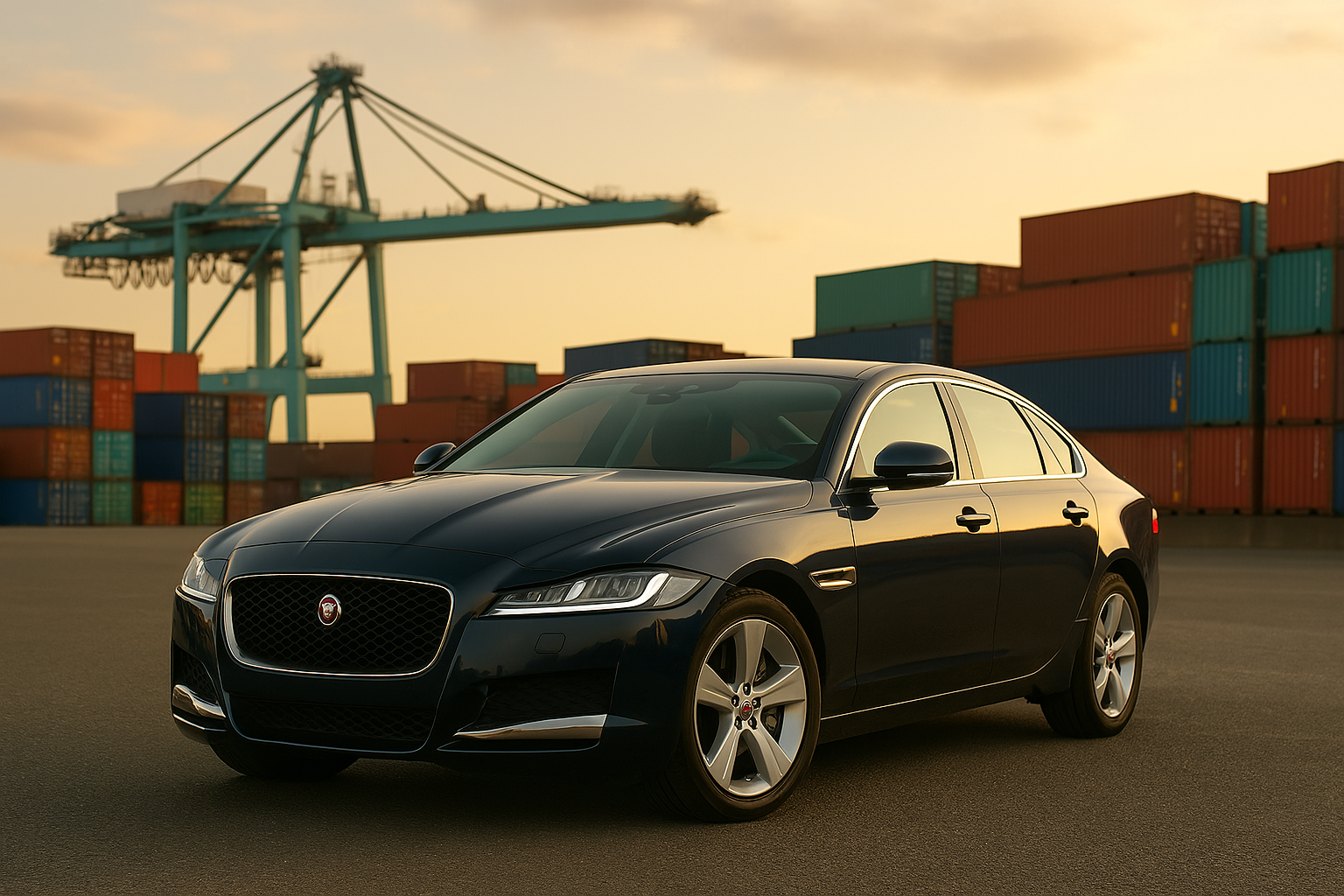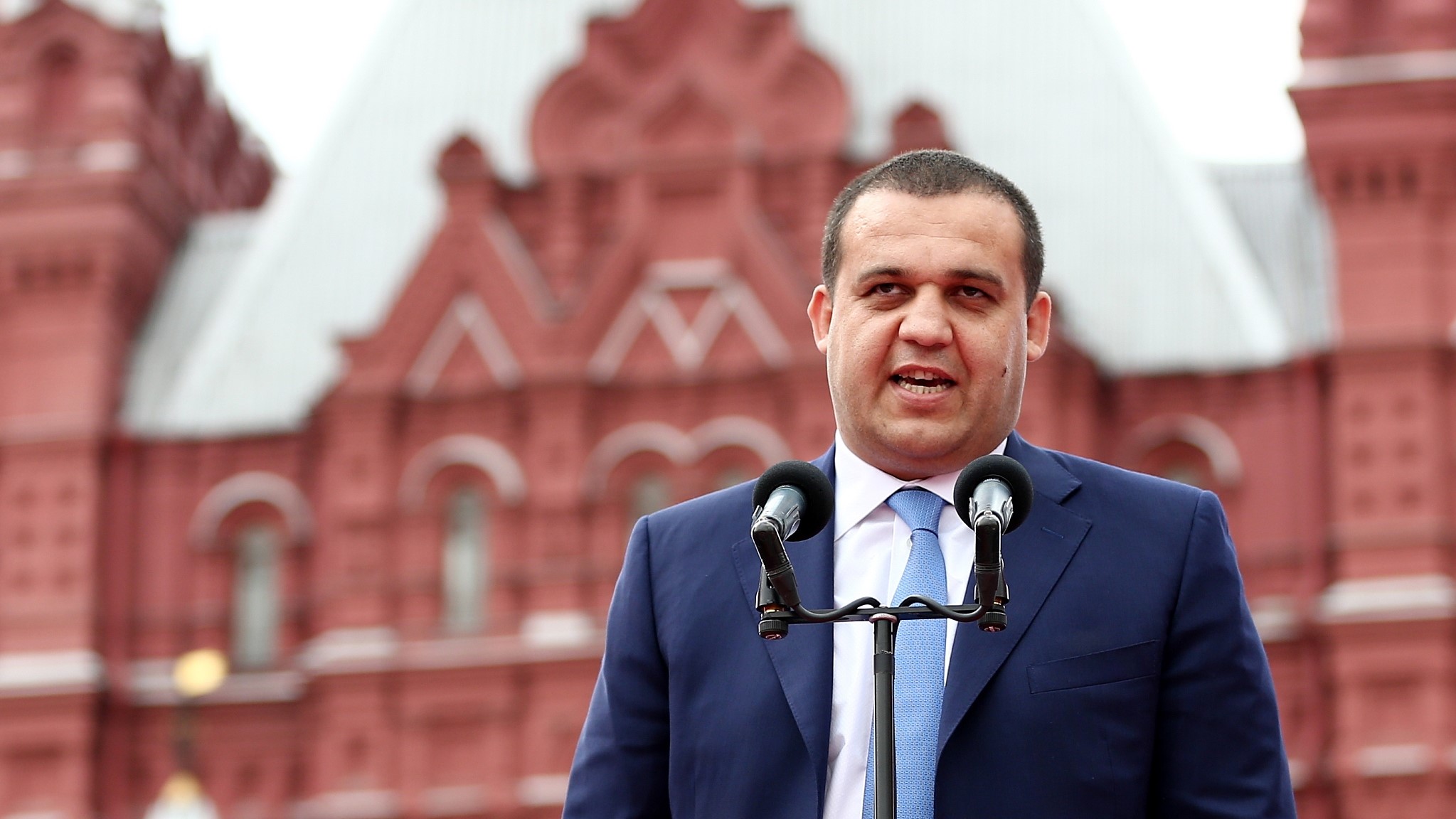
In April 2025, British automaker Jaguar Land Rover (JLR) announced it would suspend exports of its vehicles to the United States for a month. The decision was a response to the Trump administration's imposition of a 25 percent tariff on imported cars and light trucks, which took effect on April 3.
A JLR spokesman said: “The US is an important market for JLR’s luxury brands. As we adapt to the new trading conditions, we are taking short-term measures, including suspending shipments in April, while developing medium- and long-term plans.”
JLR, owned by India's Tata Motors, sells about 400,000 cars a year, with nearly a quarter of those sales in the US. The export suspension underlines the serious impact of the new tariffs on the UK car industry, which employs about 200,000 people.
More than 25,000 jobs in the UK car sector could be at risk due to an expected decline in exports to the US, according to the Institute for Public Policy Research (IPPR). The US is the second-largest importer of British cars after the European Union, accounting for almost 20% of exports, according to the Society of Motor Manufacturers and Traders (SMMT).
In response to the tariffs, UK Prime Minister Kiir Starmer said he was prepared to use government measures to protect domestic businesses. He said: “We are prepared to use industrial policy to protect British businesses from the storm.”
The US imposition of new tariffs has raised concerns about a possible global trade war. Stock markets have suffered significant losses and more than 50 countries have expressed a desire to start trade talks with the US in response to the measures.
The suspension of JLR exports to the US reflects the wider challenges facing the UK car industry in a changing global trading landscape, with companies having to rethink their strategies to cope with new economic realities and protect their positions in key markets.
Recommended
See all






